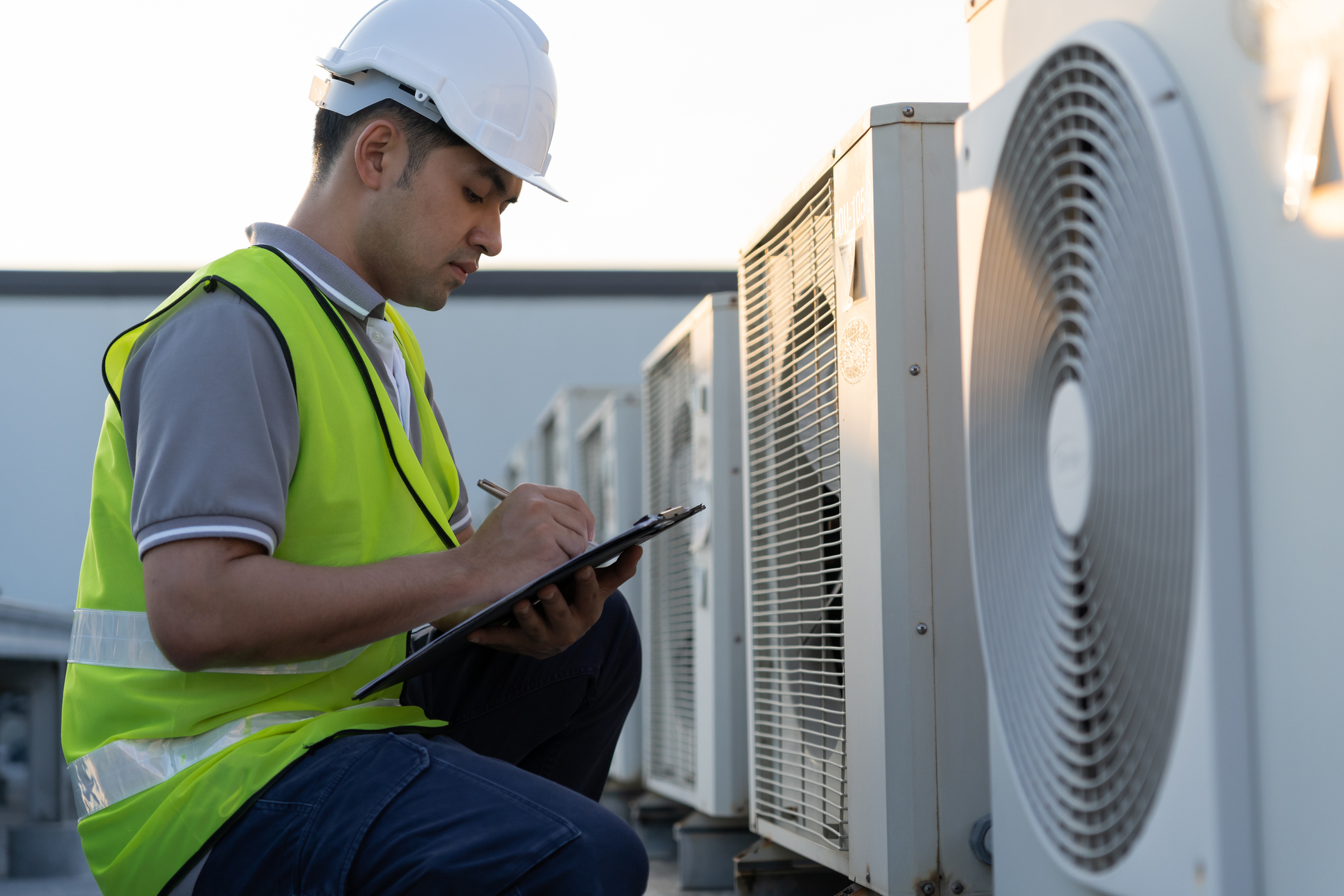If you are a commercial HVAC technician, you may come across the rating of buildings using ENERGY STAR®. As an HVAC technician, you will be a large part of the solution for climate change and helping to improve the environment. Be a shepherd for the environment and help commercial buildings reduce their carbon footprint. If this interests you, consider a career as a commercial HVAC technician.
What is Energy Star?
It is a joint program of the US Environmental Protection Agency (EPA) and the US Department of Energy (DOE) to help consumers and businesses save money and protect the environment by adopting energy-efficient products. The Energy Star label is an unbiased rating identifying top-performing and cost-effective products. The Energy Star score’s overall objective is to evaluate energy performance and provide a reflection of actual metered energy consumption.
What is an Energy Star Rating Program?
Energy Star products program sets specifications, testing procedures, and verification testing requirements for appliances, electronics, and equipment. Energy Star rated products are either the same or better than the standard products, but they use less energy and help protect the environment. The EPA and the DOE set strict energy efficiency criteria.
What is a Good Energy Star Rating?
Energy Star ratings are scored on a scale of 1 to 100. A score of 50 represents median energy performance. A score of 75 or higher indicates that an appliance or electronic is a top performer and is eligible for an ENERGY STAR® certification.
For example, qualified furnaces offer a rating of 90% Annual Fuel Utilization Efficiency (AFUE) or greater, which is 15% more efficient than the minimum federal efficiency standard.
Why Do HVAC Technicians Need to Know About Energy Star Ratings?
Buildings and structures can also get Energy Star ratings. Energy Star is used to assess the performance of commercial buildings. Buildings with a score of 50 perform better than 50% of their peers. Buildings earning a score of 75 or higher are in the top quartile of energy performance.
The Energy Star score in the commercial marketplace aims to evaluate energy performance for the whole building, reflect actual metered energy consumption, offer an equitable account for different energy sources, normalize building activity, and provide a peer group comparison.
How Do You Learn More?
If you want to become a commercial HVAC technician, CyberTex offers an HVAC training program to prepare you for a career as an HVAC technician. During these courses, you will learn about green awareness, system performance, duct and envelope testing, refrigerants, system diagnostics and troubleshooting, basic refrigeration and charging procedures, and receive a hydrocarbon refrigerant certification of completion. At the end of the HVAC program, you will be encouraged to take the ESCO Group “Employment Ready Certification.” This shows your proficiency as an HVAC technician to employers, letting them know you are fully trained and ready to work as an HVAC technician.
HVAC Technician Diploma
Want to achieve HVAC certifications to start a rewarding career as an HVAC technician in Texas? With more than two decades of success in the medical, health, and IT sectors, we added an HVAC course to our curriculum. We proudly announce that we have flexible day and evening classes for the HVAC program.
CyberTex’s HVAC program can be completed in as little as 11 months by attending full-time with the flexibility of day and evening classes. You can take the EPA–608 certification from the US Environmental Protection Agency with our training.
Want to learn more? Contact us today.





